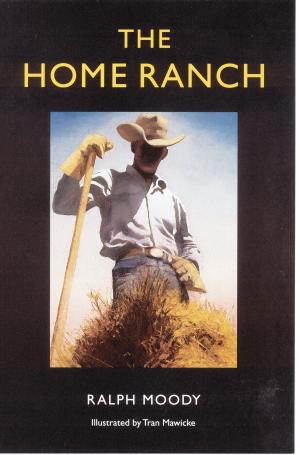Blood Will Tell
Native Americans and Assimilation Policy
Nonfiction, Social & Cultural Studies, Social Science, Cultural Studies, Native American Studies, History, Americas, United States, 19th Century, 20th Century| Author: | Katherine Ellinghaus | ISBN: | 9781496201584 |
| Publisher: | UNP - Nebraska | Publication: | August 1, 2017 |
| Imprint: | University of Nebraska Press | Language: | English |
| Author: | Katherine Ellinghaus |
| ISBN: | 9781496201584 |
| Publisher: | UNP - Nebraska |
| Publication: | August 1, 2017 |
| Imprint: | University of Nebraska Press |
| Language: | English |
Blood Will Tell reveals the underlying centrality of “blood” that shaped official ideas about who was eligible to be defined as Indian by the General Allotment Act in the United States. Katherine Ellinghaus traces the idea of blood quantum and how the concept came to dominate Native identity and national status between 1887 and 1934 and how related exclusionary policies functioned to dispossess Native people of their land. The U.S. government’s unspoken assumption at the time was that Natives of mixed descent were undeserving of tribal status and benefits, notwithstanding that Native Americans of mixed descent played crucial roles in the national implementation of allotment policy.
Ellinghaus explores on-the-ground case studies of Anishinaabeg, Arapahos, Cherokees, Eastern Cherokees, Cheyennes, Chickasaws, Choctaws, Creeks, Lakotas, Lumbees, Ojibwes, Seminoles, and Virginia tribes. Documented in these cases, the history of blood quantum as a policy reveals assimilation’s implications and legacy. The role of blood quantum is integral to understanding how Native Americans came to be one of the most disadvantaged groups in the United States, and it remains a significant part of present-day debates about Indian identity and tribal membership**.** Blood Will Tell is an important and timely contribution to current political and scholarly debates.
Blood Will Tell reveals the underlying centrality of “blood” that shaped official ideas about who was eligible to be defined as Indian by the General Allotment Act in the United States. Katherine Ellinghaus traces the idea of blood quantum and how the concept came to dominate Native identity and national status between 1887 and 1934 and how related exclusionary policies functioned to dispossess Native people of their land. The U.S. government’s unspoken assumption at the time was that Natives of mixed descent were undeserving of tribal status and benefits, notwithstanding that Native Americans of mixed descent played crucial roles in the national implementation of allotment policy.
Ellinghaus explores on-the-ground case studies of Anishinaabeg, Arapahos, Cherokees, Eastern Cherokees, Cheyennes, Chickasaws, Choctaws, Creeks, Lakotas, Lumbees, Ojibwes, Seminoles, and Virginia tribes. Documented in these cases, the history of blood quantum as a policy reveals assimilation’s implications and legacy. The role of blood quantum is integral to understanding how Native Americans came to be one of the most disadvantaged groups in the United States, and it remains a significant part of present-day debates about Indian identity and tribal membership**.** Blood Will Tell is an important and timely contribution to current political and scholarly debates.















